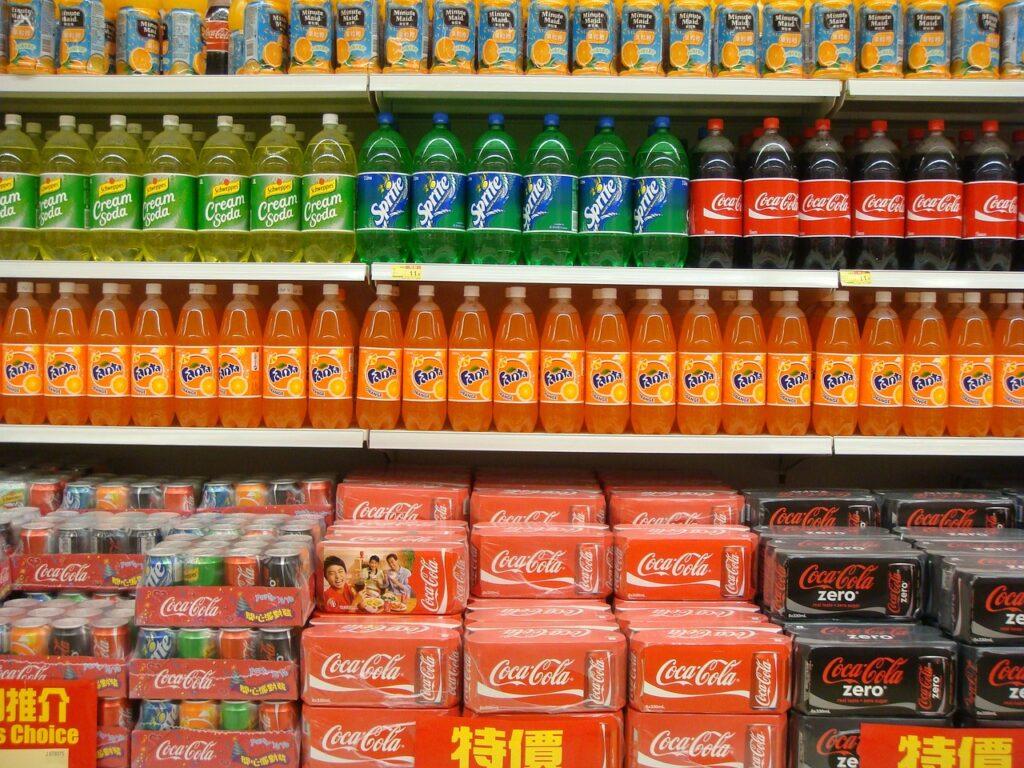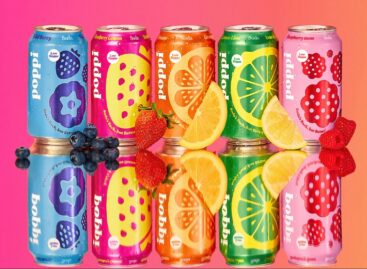Sales of sugary drinks plunge 33% in cities taxing those beverages, study finds
The American Beverage Association, which represents Coca-Cola and PepsiCo, said these taxes have not improved public health or reduced calories in a meaningful way.

An increase in the price of sugar-sweetened beverages [SSB] by about 33.1% led to a drop in consumer purchase volumes of those drinks by a third, according to an article published in the JAMA Health Forum.
The study, led by Scott Kaplan, an assistant professor of economics at the U.S. Naval Academy, looked at taxes in five cities — Boulder, Colorado; Philadelphia; Oakland; Seattle; and San Francisco. It found prices increased and volumes decreased immediately following tax implementation, and both outcomes were sustained in the months after. As of November 2022, eight U.S. jurisdictions and more than 50 countries have implemented some form of sugar-sweetened tax.
Proponents for the tax said it helps raise revenue for area schools or other public services, while at the same time helping consumers cut back on sugar. But big beverage makers have blasted the tax as unnecessary and bad for area retailers, most notably small stores, and workers.
Related news
Carrefour and Coca-Cola are focusing on refillable glass bottles
🎧 Hallgasd a cikket: Lejátszás Szünet Folytatás Leállítás Nyelv: Auto…
Read more >Carlsberg, PepsiCo set out Poppi UK launch plans
🎧 Hallgasd a cikket: Lejátszás Szünet Folytatás Leállítás Nyelv: Auto…
Read more >PepsiCo expands food portfolio with new Alvalle hot soups
🎧 Hallgasd a cikket: Lejátszás Szünet Folytatás Leállítás Nyelv: Auto…
Read more >Related news
KSH: retail turnover in January exceeded the same period of the previous year by 3.5 percent and the previous month by 0.5 percent
🎧 Hallgasd a cikket: Lejátszás Szünet Folytatás Leállítás Nyelv: Auto…
Read more >A magyar csapat március 15-én lép színpadra a Bocuse d’Or Európai Válogatóján
🎧 Hallgasd a cikket: Lejátszás Szünet Folytatás Leállítás Nyelv: Auto…
Read more >REGIO Játék: 25.4 billion forints in sales and international opening
🎧 Hallgasd a cikket: Lejátszás Szünet Folytatás Leállítás Nyelv: Auto…
Read more >






